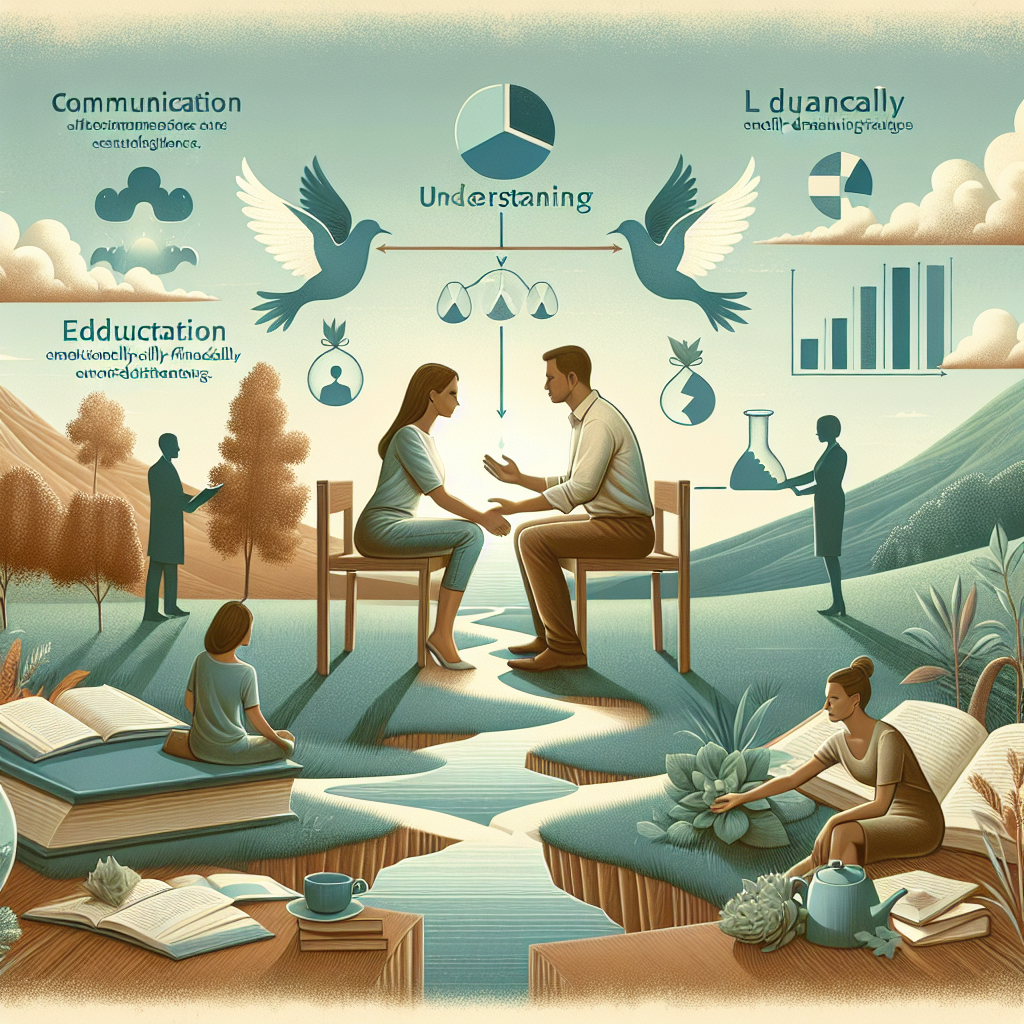Transformative Mediation in Divorce

Efficient Divorce Mediation Services: Simplify Your Separation
The Benefits of Divorce Mediation Services
Divorce can be a difficult and emotionally draining process for all parties involved. In addition to the emotional toll, divorce can also be financially and legally complex, especially when it comes to dividing assets and determining child custody. Traditional divorce processes, such as litigation, can often exacerbate conflicts and lead to lengthy and expensive court battles. Fortunately, there is an alternative option – divorce mediation.
Understanding the Role of a Divorce Mediator
In divorce mediation, a neutral third party, known as a mediator, facilitates communication and negotiation between the divorcing parties. Unlike in traditional divorce processes, where lawyers represent each party and advocate for their interests, the mediator works with both parties to find mutually agreeable solutions. The role of the mediator is not to make decisions for the parties but to assist them in reaching their own agreements.
The Process of Divorce Mediation
The process of divorce mediation typically begins with an initial consultation, where the mediator explains the mediation process and gathers background information from the parties. The mediator will then work with the parties to identify the key issues to be addressed in the mediation sessions. These may include division of assets, spousal support, child custody, and parenting time.
During mediation sessions, the mediator will guide the parties through a structured process, encouraging open communication and facilitating negotiation. The goal is for the parties to reach a mutually beneficial settlement that addresses all their concerns and needs. If an agreement is reached, the mediator will assist the parties in drafting a formal divorce settlement agreement.
Preparing for Your First Mediation Session
Before your first mediation session, it is essential to prepare yourself emotionally and mentally. Divorce can be a highly emotional experience, and it is important to be in the right mindset for productive and respectful communication. It may also be helpful to gather any relevant documents, such as financial records, to bring to the mediation sessions.
How to Communicate Effectively During Mediation
Effective communication is crucial in divorce mediation. One of the main roles of the mediator is to facilitate communication between the parties. However, it is also important for the parties to actively listen to each other and clearly articulate their needs and concerns. It is also essential to avoid using inflammatory language and instead focus on finding mutually agreeable solutions.
Navigating Complex Financial Issues in Mediation
Dividing assets and determining financial arrangements can often be one of the most contentious aspects of divorce. In mediation, the parties have the opportunity to openly discuss and negotiate these issues with the assistance of the mediator. Mediators may also bring in financial experts, such as accountants or financial planners, to provide guidance and advice on complex financial matters.
Addressing Child Custody and Parenting Time in Mediation
Divorce can be especially challenging for children, and their well-being should be a top priority for both parents. In mediation, the parties have the opportunity to work together to create a parenting plan that is in the best interests of their children. This may include determining custody arrangements, visitation schedules, and decision-making responsibilities.
Resolving Conflict and Reaching Agreements in Mediation
Conflict is an inevitable part of the divorce process. However, in mediation, the parties have the opportunity to address and resolve conflicts in a productive and respectful manner. The mediator can help the parties identify the underlying issues causing the conflict and work towards finding a mutually agreeable solution. This can lead to a more peaceful and amicable divorce process.
Finalizing Your Divorce Settlement Through Mediation
Once the parties have reached a settlement agreement through mediation, the final step is to formalize the agreement. This typically involves working with the mediator to draft a divorce settlement agreement that outlines all the terms and conditions of the agreement. The parties can then submit this agreement to the court for approval, making the divorce official.
The Long-Term Impact of Choosing Divorce Mediation Services
Choosing divorce mediation services can have a long-term impact on both the divorcing parties and their families. By working together to find mutually agreeable solutions, the parties can avoid the animosity and resentment that often accompanies traditional divorce processes. This can lead to a more amicable post-divorce relationship, which is especially important for couples with children. Additionally, mediation can often be a faster and more cost-effective option compared to litigation.



